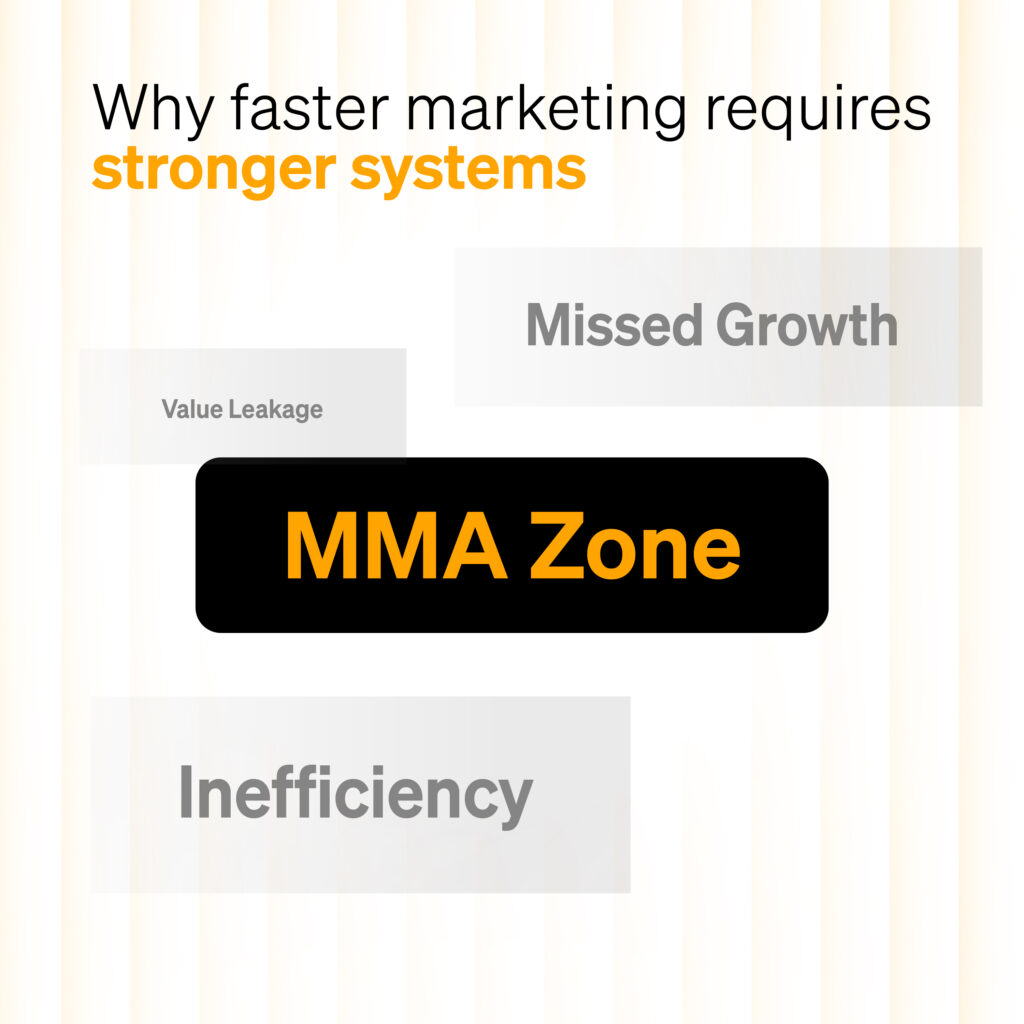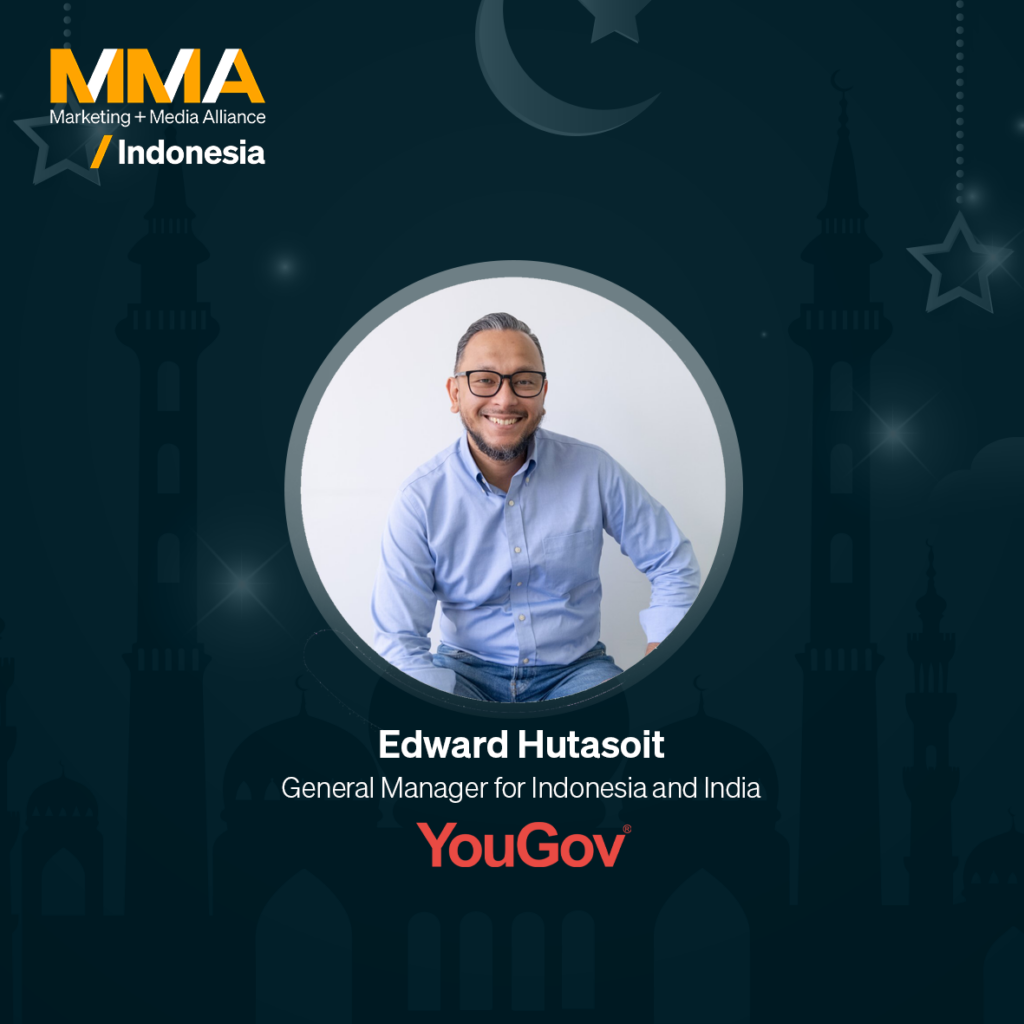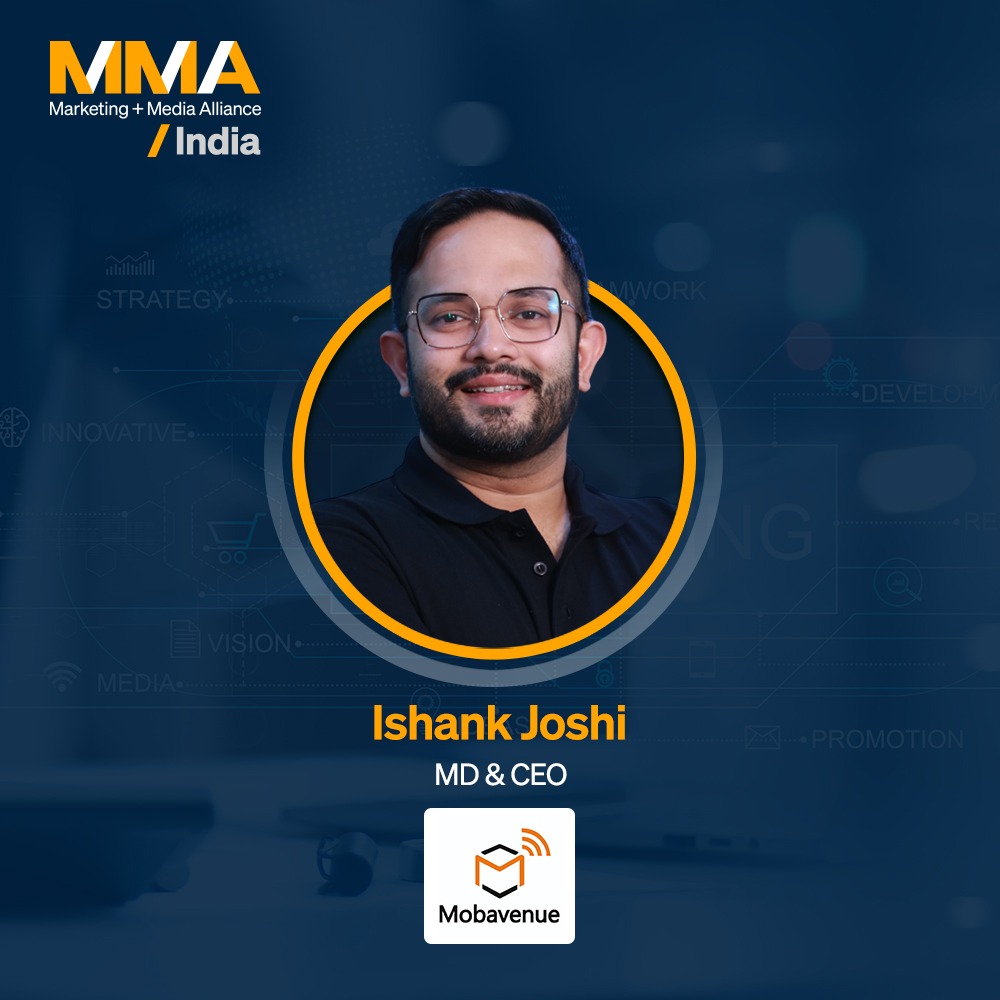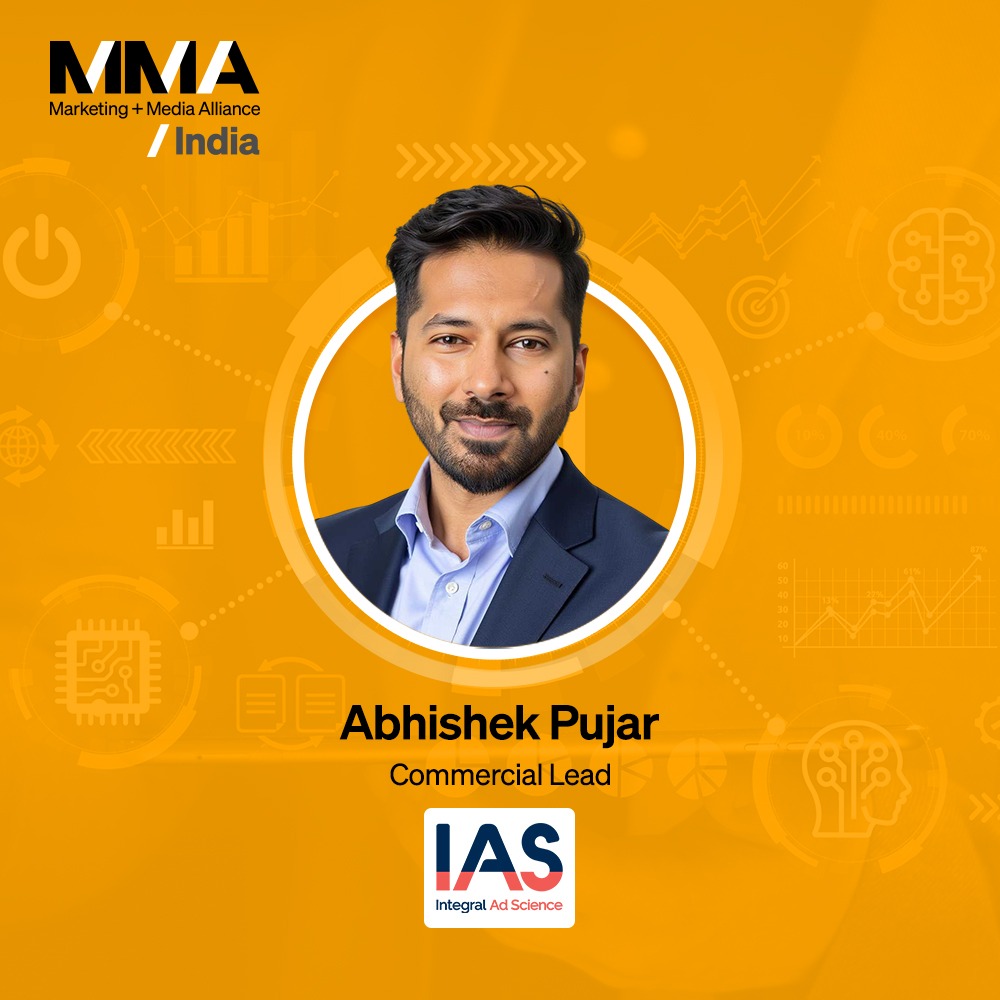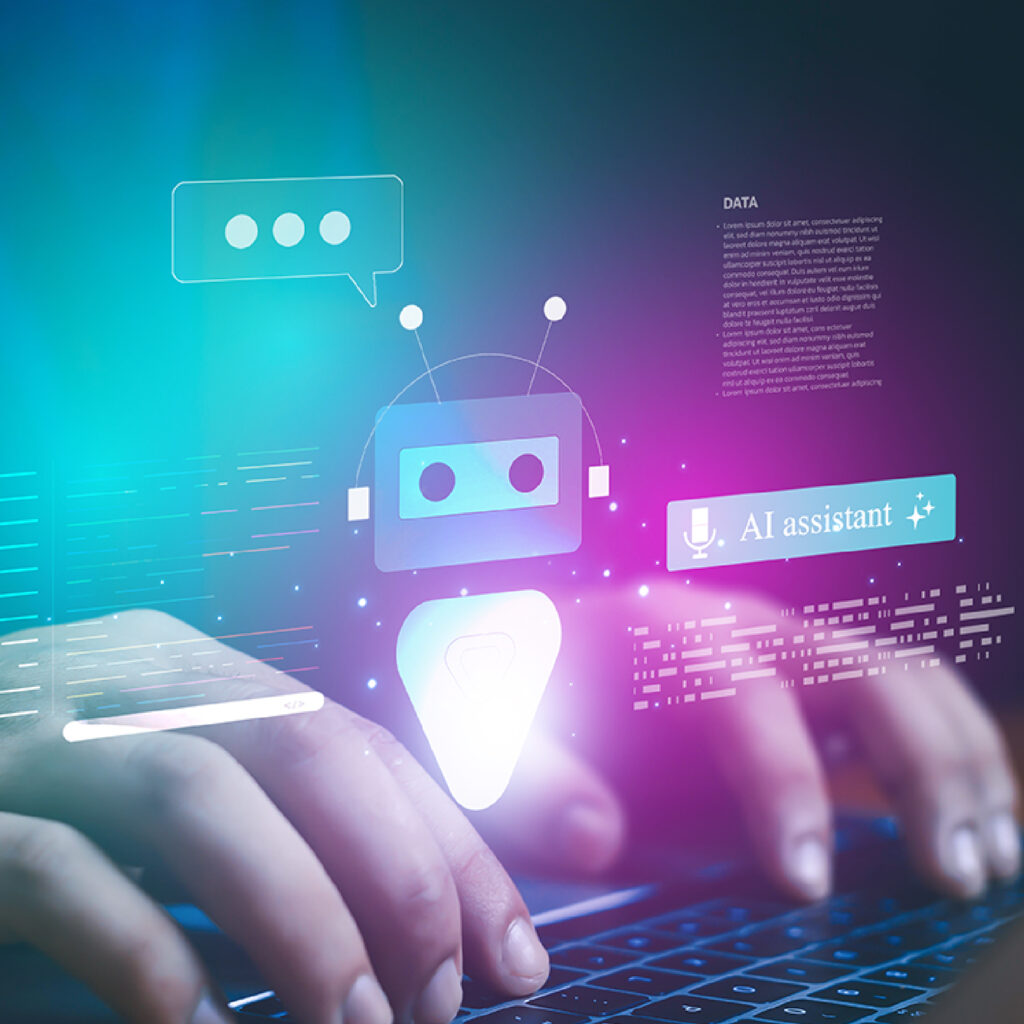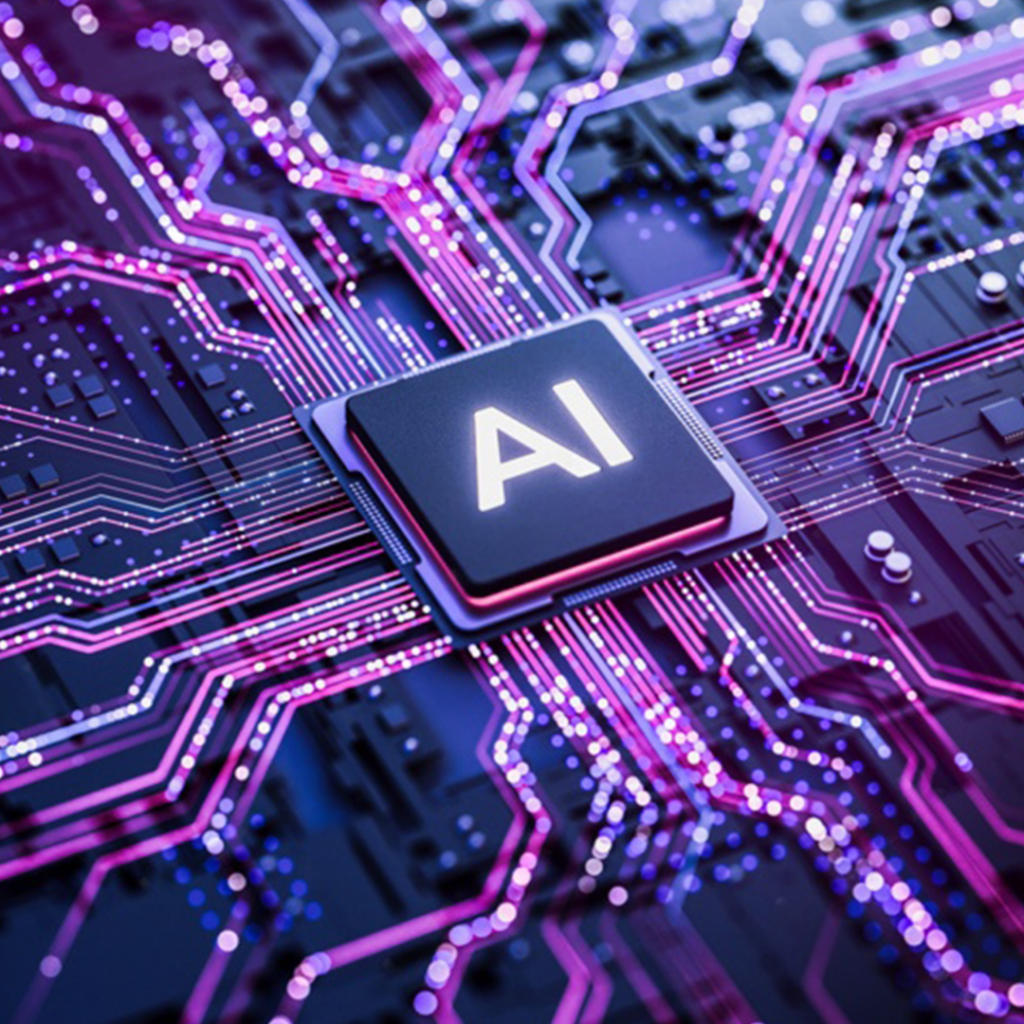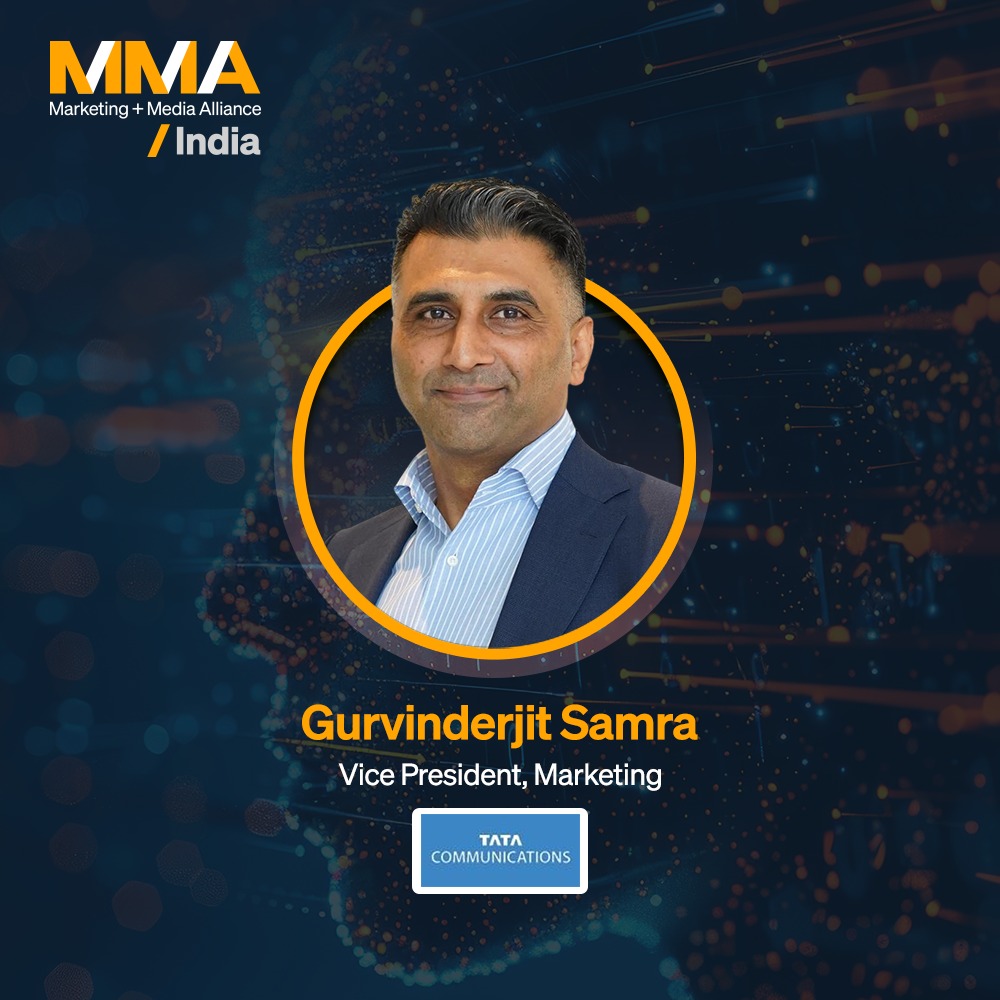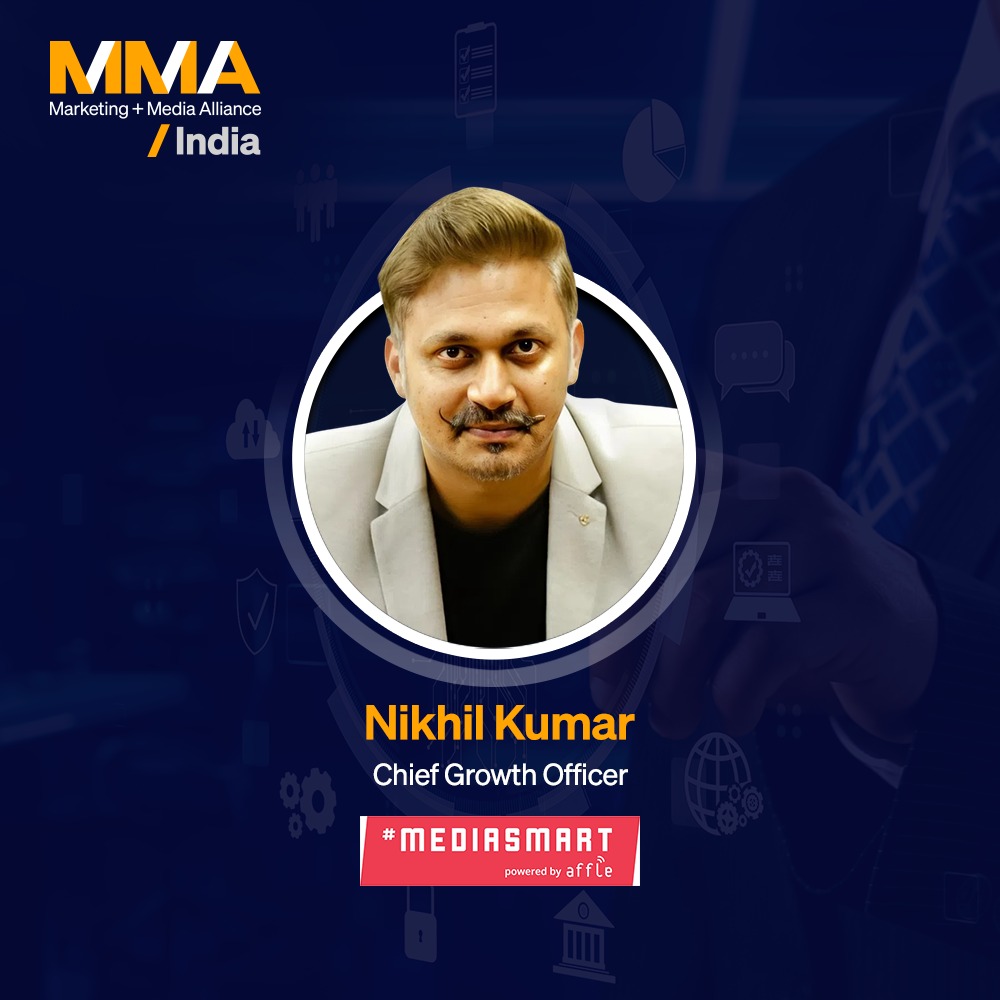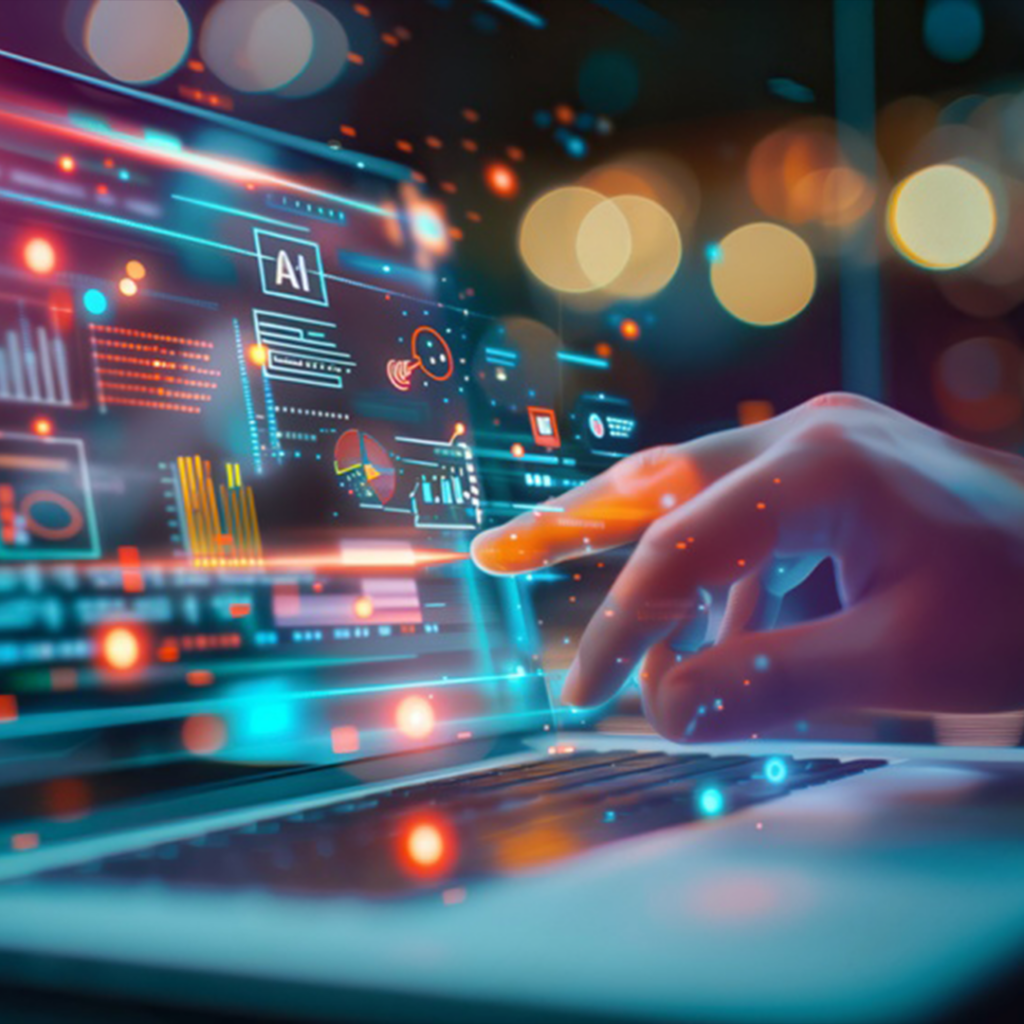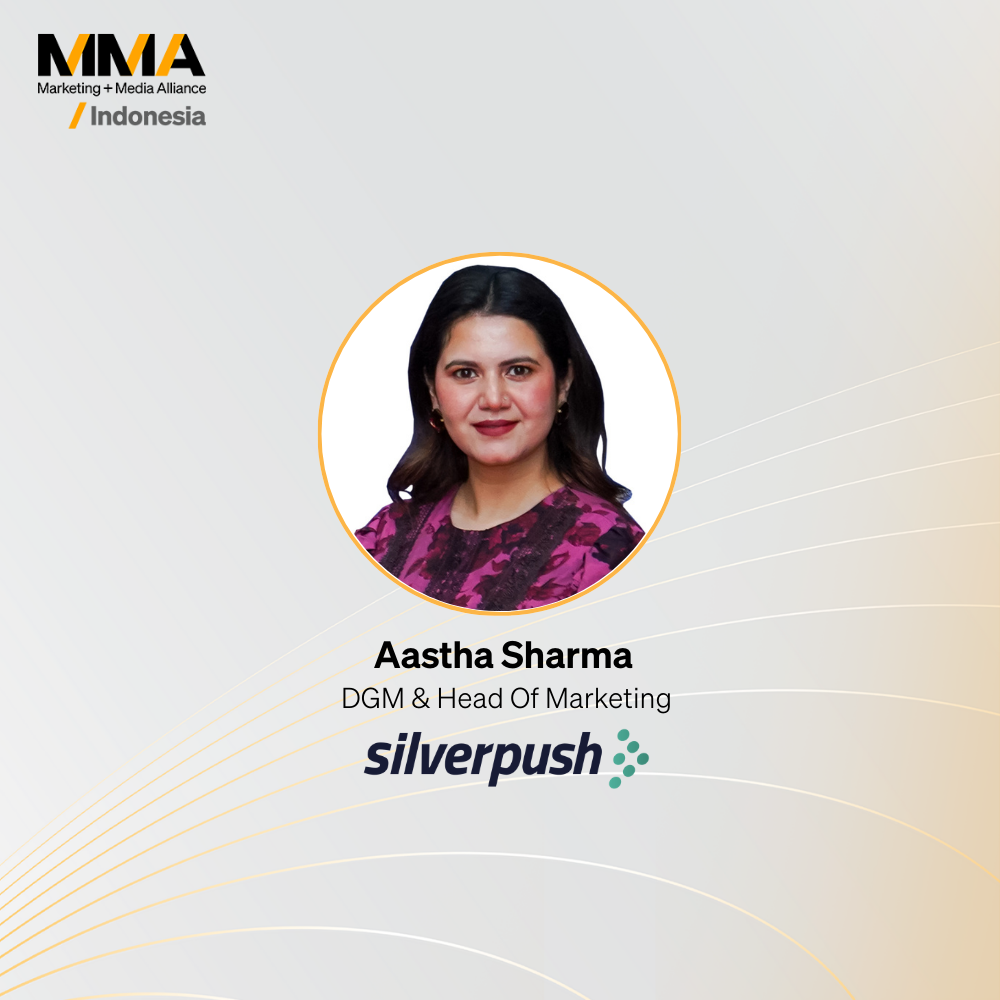
It’s no secret that AI is changing the marketing industry. These days, I find myself talking about the AI transformation virtually every day – with business leaders and industry experts alike. A few years ago, the conversations were: “What is AI and how does it work”? Last year, the question was – “Is this real??”
And now … Every conversation is: “What can AI do for me and how can I implement it…as fast as possible?”
At Google, we’re especially excited about this shift as we’ve seen first-hand the transformative power of AI in marketing and beyond, since we became an AI-first company in 2016.
In fact, 80% of advertisers are already using at least one AI-powered Search ads product. And our research shows that AI-powered Video reach campaign mixes on YouTube earned an average return on ad spend 3.7X higher than manually optimized campaigns.
So yes, AI is a powerful tool that modern marketers must have in their arsenal – but it’s useful only if marketers know when and where to leverage it. And as important – if marketers are clear on what it cannot replace.
Leverage AI to help your brand show up where it matters… but not for seeing the big picture of your organization
AI solutions can make your budget work harder by using a variety of signals to reach people and drive results across the entire funnel.
Standard Chartered, a leading financial services, together with their agency Dentsu, turned to Google AI to unlock the optimize for the highest quality leads. They experimented with Demand Gen campaigns, with AI-powered bidding capabilities to let the bank optimizefor goals such as website visits, and reach high value customers at an optimal frequency. At the same time, it delivered immersive creatives across YouTube, Discover, and Gmail to catch the attention of customers in the mid-funnel and help them make purchase decisions.
By integrating Demand Gen into its always-on Search campaigns, Standard Chartered saw 29% increase in Search leads and 31% boost in their overall leads from Discovery, Demand Gen and Search campaigns.
AI’s capabilities in matching brands with audiences, frees up much-needed time for marketers to focus on innovative new strategies that will create real value for customers and drive growth. This type of big-picture thinking is something AI simply can’t do.
Don’t leverage AI to be creative like you… but definitely use it to multiply your creativity
AI may enhance your marketing, but the heart of every great ad is still innovative, surprising, human-led creativity.
Our Google Play “Winterlands Code Hunt” campaign, the APAC 2023 SMARTIES Winner for Short or Long Form Video, exemplifies this. The Google Play “Winterlands Code Hunt” campaign captivated gamers with a thrilling quest for hidden codes. Collaborations with influential gamers transformed the Free Fire experience, engaging players through in-game elements, social media, and influencer content. The campaign’s powerful blend of creativity and strategic insight led to high engagement and secured the SMARTIES award. Powerful creatives that resonate with the consumer can only be born out of human insights.
So no, AI may not replace human creativity, but marketers should not shy away from leveraging it to enhance and streamline the creative process. With AI-powered tools, brands can easily adapt their existing content, generate voiceovers and brand-compliant assets at scale.
Leveraging AI allows marketers to focus on what truly matters: unleashing their creativity and crafting compelling stories that resonate with their audience.
Leverage AI to uncover actionable insights
The shifts in the ad privacy landscape can be incredibly complex, and frankly, confusing, to navigate. This is where AI can help you build customer trust while ensuring your business can thrive.
In 2024, it shouldn’t be a surprise that the foundation for leveraging AI-powered tools is the first-party data based on your relationships with your customers. With accurate, up-to-date first-party-data, Google AI can then reach relevant audiences and uncover actionable insights — all while respecting the privacy of your customers.
We’re just at the surface of uncovering ways in which AI can take marketing to the next level. But I’m firm in my conviction that the future of marketing is not AI – you are. AI is, after all, not a marketer – and at its core, marketing has always been about understanding and connecting with people.

